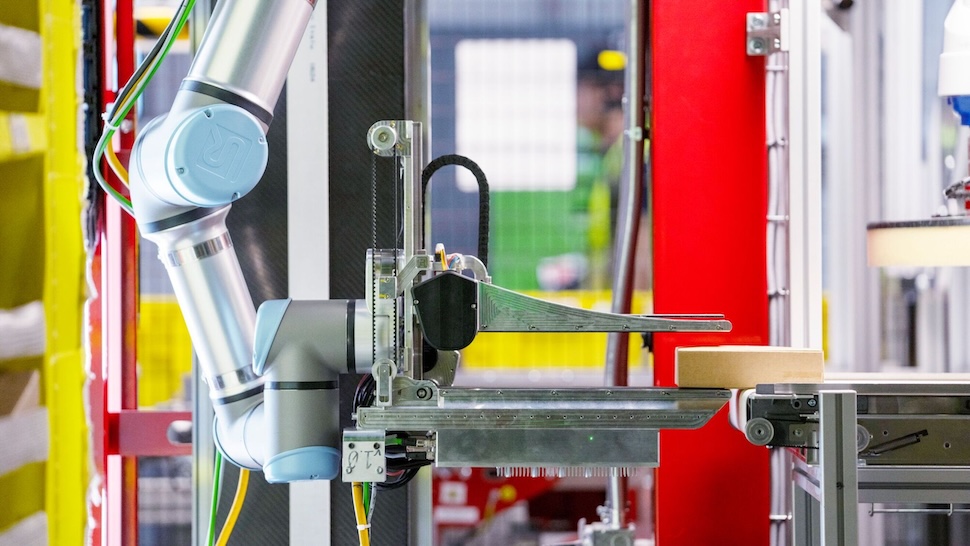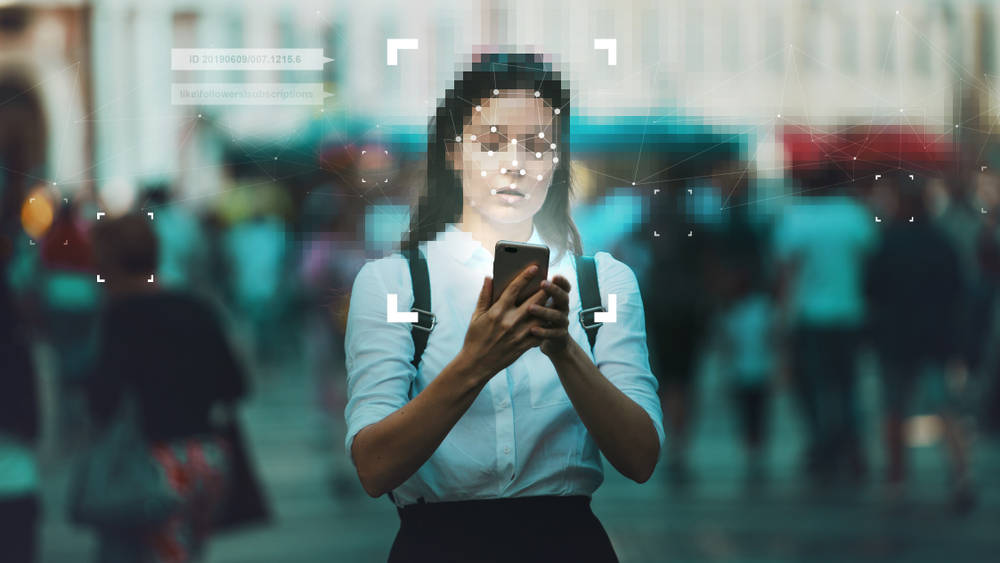The Download: CRISPR in court, and the police’s ban-skirting AI
This is today’s edition of The Download, our weekday newsletter that provides a daily dose of what’s going on in the world of technology. A US court just put ownership of CRISPR back in play The CRISPR patents are back in play. Yesterday, the US Court of Appeals for the Federal Circuit said scientists Jennifer Doudna and…

This is today’s edition of The Download, our weekday newsletter that provides a daily dose of what’s going on in the world of technology.
A US court just put ownership of CRISPR back in play
The CRISPR patents are back in play.
Yesterday, the US Court of Appeals for the Federal Circuit said scientists Jennifer Doudna and Emmanuelle Charpentier will get another chance to show they ought to own the key patents on what many consider the defining biotechnology invention of the 21st century.
The pair shared a 2020 Nobel Prize for developing the gene-editing system, which is already being used to treat various disorders.
But when US patent rights were granted in 2014 to Feng Zhang of the Broad Institute of MIT and Harvard, the decision set off a bitter dispute in which hundreds of millions of dollars—as well as scientific bragging rights—are at stake. Read the full story.
—Antonio Regalado
To read more about CRISPR, why not take a look at:
+ Charpentier and Doudna announced they wanted to cancel their own CRISPR patents in Europe last year. Read the full story.
+ How CRISPR will help the world cope with climate change. Read the full story.
+ The US has approved CRISPR pigs for food. Pigs whose DNA makes them resistant to a virus could be the first big consumer product using gene editing. Read the full story.
+ CRISPR will get easier and easier to administer. What does that mean for the future of our species?
Police tech can sidestep facial recognition bans now
—James O’Donnell
Six months ago I attended the largest gathering of chiefs of police in the US to see how they’re using AI. I found some big developments, like officers getting AI to write their reports. Now, I’ve published a new story that shows just how far AI for police has developed since then.
It’s about a new method police are using to track people: an AI tool that uses attributes like body size, gender, hair color and style, clothing, and accessories instead of faces. It offers a way around laws curbing the use of facial recognition, which are on the rise.
Here’s what this tells us about the development of police tech and what rules, if any, these departments are subject to in the age of AI. Read the full story.
This story originally appeared in The Algorithm, our weekly newsletter on AI. To get stories like this in your inbox first, sign up here.
The must-reads
I’ve combed the internet to find you today’s most fun/important/scary/fascinating stories about technology.
1 Two Trump officials were denied access to the US Copyright Office
Their visit came days after the administration fired the office’s head. (Wired $)
+ Shira Perlmutter oversaw a report raising concerns about training AI with copyrighted materials. (WP $)
2 Google knew it couldn’t monitor how Israel might use its cloud technology
But it went ahead with Project Nimbus anyway. (The Intercept)
3 Spain still doesn’t know what caused its massive power blackout
Investigators are examining generators’ cyber defences for weaknesses. (FT $)
+ Could solar power be to blame? (MIT Technology Review)
4 Apple is considering hiking the price of iPhones
The company doesn’t want to blame tariffs, though. (WSJ $)
+ Apple boss Tim Cook had a call with Trump following the tariff rollback news. (CNBC)
+ It’s reportedly developing an AI tool to extend phones’ battery life. (Bloomberg $)
5 Venture capitalists aren’t 100% sure what an AI agent is
That isn’t stopping companies from sinking millions into them. (TechCrunch)
+ Google is working on its own agent ahead of its I/O conference. (The Information $)
+ What AI assistants can—and can’t—do. (Vox)
+ Check out our AI agent explainer. (MIT Technology Review)
6 Scammers are stealing the identities of death row inmates
And prisoners are unlikely to see correspondence alerting them to the fraud. (NBC News)
7 Weight-loss drugs aren’t always enough
You need long-term changes in health, not just weight. (The Atlantic $)
+ How is Trump planning to lower drug costs, exactly? (NY Mag $)
+ Drugs like Ozempic now make up 5% of prescriptions in the US. (MIT Technology Review)
8 China’s e-commerce giants are racing to deliver goods within an hour
As competition has intensified, companies are fighting to be the quickest. (Reuters)
9 This spacecraft will police satellites’ orbits  Read More
Read More







![8 Marketing Principles You Wish You Knew From the Start [Infographic]](https://imgproxy.divecdn.com/IrFUUizSVZJGsPem_wXXddL_nQGNvo8QImauGCOQCxo/g:ce/rs:fit:770:435/Z3M6Ly9kaXZlc2l0ZS1zdG9yYWdlL2RpdmVpbWFnZS84X21hcmtldGluZ19wcmluY2lwbGVzX2luZm8yLnBuZw==.webp)





.png)











































































































































































